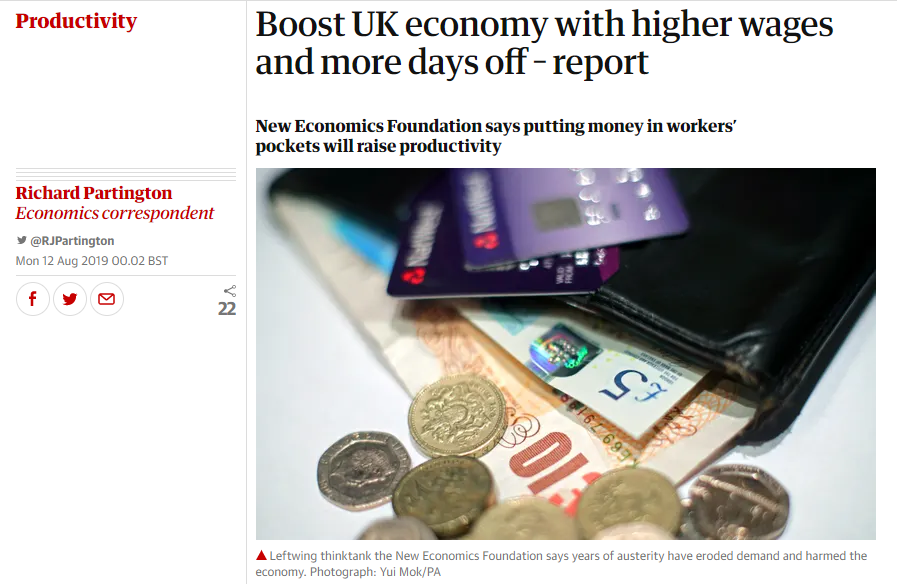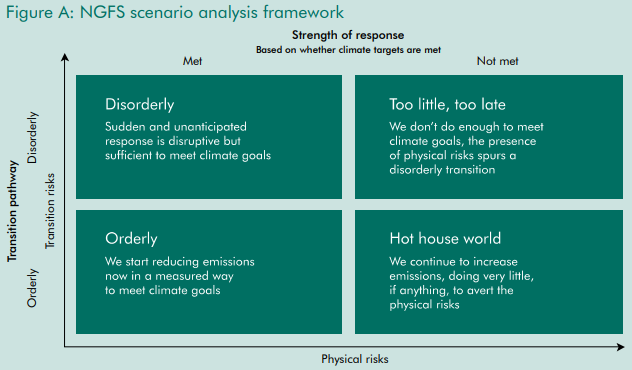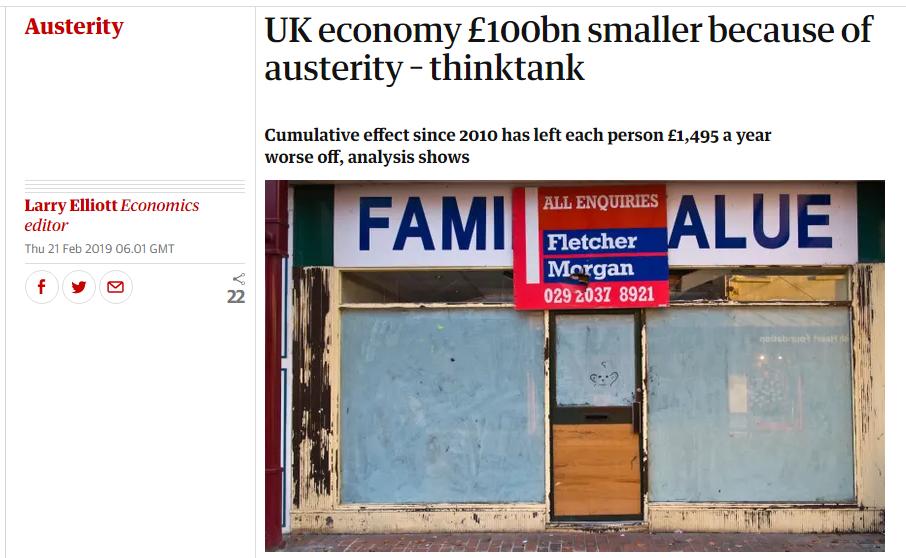
@alfie-stirling.bsky.social. Director of Insight & Policy @JRF_UK | previously @NEF & @IPPR | 'all models are wrong, but some are useful' (G Box)
How to get URL link on X (Twitter) App


 The main drivers are threefold.
The main drivers are threefold.
 Looking beneath the bonnet gives a sense of what's going on.
Looking beneath the bonnet gives a sense of what's going on. 

 The Bank of England has a target for the headline rate of inflation, as measured by the consumer price index (CPI).
The Bank of England has a target for the headline rate of inflation, as measured by the consumer price index (CPI).

 Pandemic & war have brutally exposed the fragility of UK social security.
Pandemic & war have brutally exposed the fragility of UK social security. 
 This crisis will be measured in years rather than months.
This crisis will be measured in years rather than months. 
 High productivity (amount produced per time spent working) is a key ingredient for an economy that works for people, society & planet.
High productivity (amount produced per time spent working) is a key ingredient for an economy that works for people, society & planet.

 By 'fiscal risks', OBR tends to mean things that may increase public borrowing. But this ignores a key point: public balance sheets are there to absorb risk. They are there to *assume*, not avoid, risks that would otherwise cause more harm if left to fall on families & firms 2/11
By 'fiscal risks', OBR tends to mean things that may increase public borrowing. But this ignores a key point: public balance sheets are there to absorb risk. They are there to *assume*, not avoid, risks that would otherwise cause more harm if left to fall on families & firms 2/11

 Today’s public sector finance release will likely show we’re on course for the smallest government deficit – difference between public spending and revenue – since 2001. What they don’t show is the economic damage it has caused to get here. 2/13 ons.gov.uk/economy/govern…
Today’s public sector finance release will likely show we’re on course for the smallest government deficit – difference between public spending and revenue – since 2001. What they don’t show is the economic damage it has caused to get here. 2/13 ons.gov.uk/economy/govern…